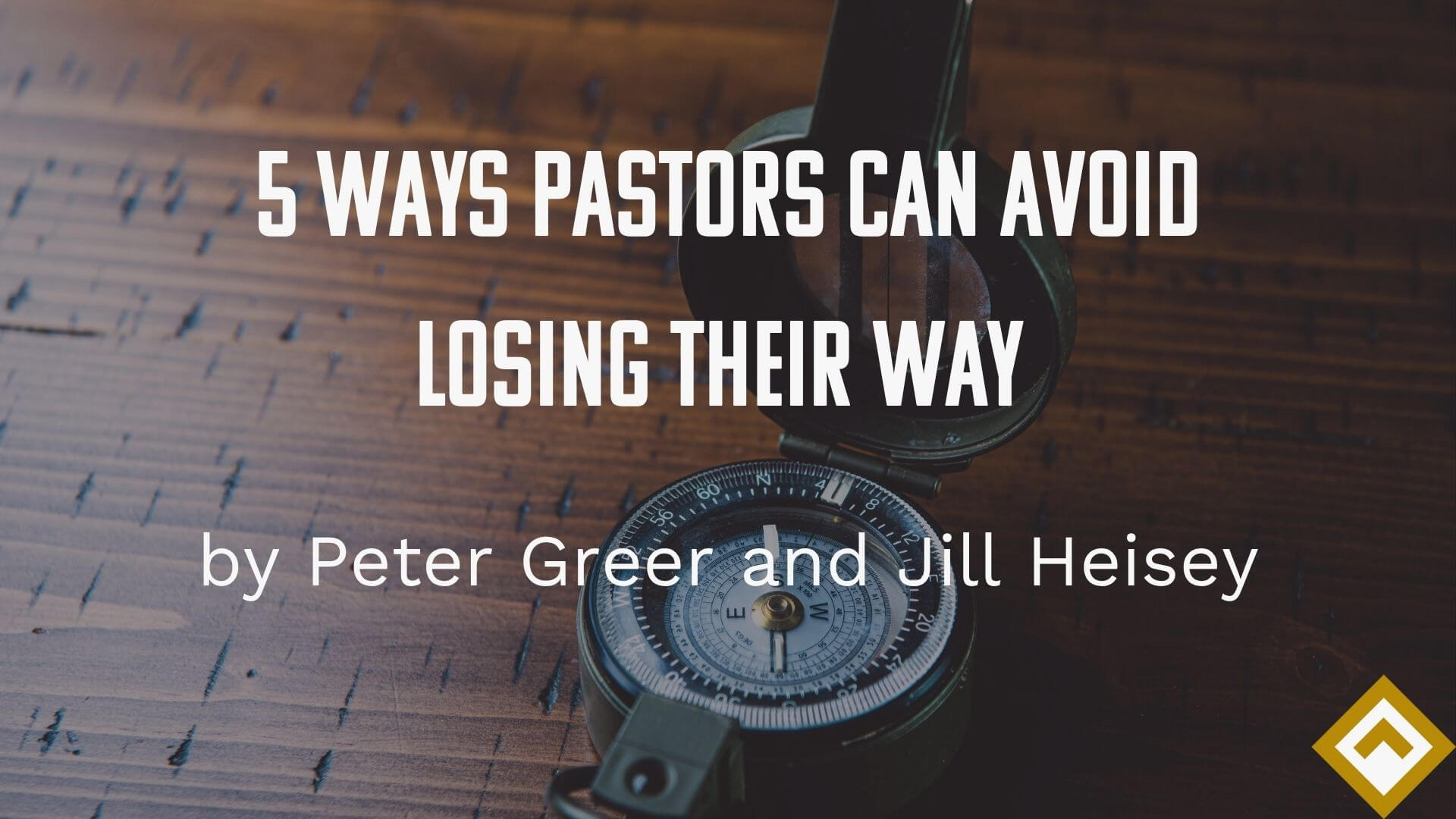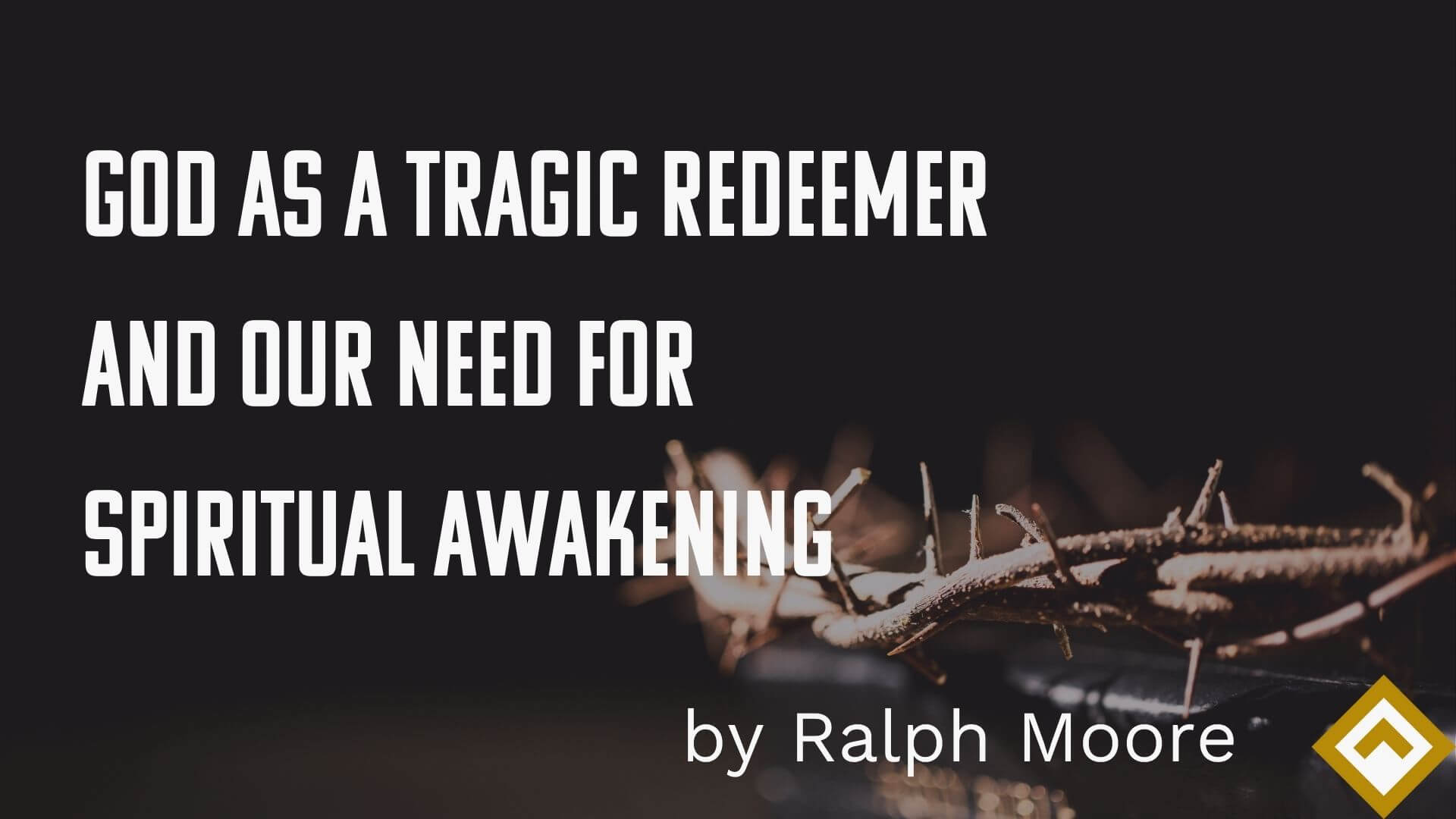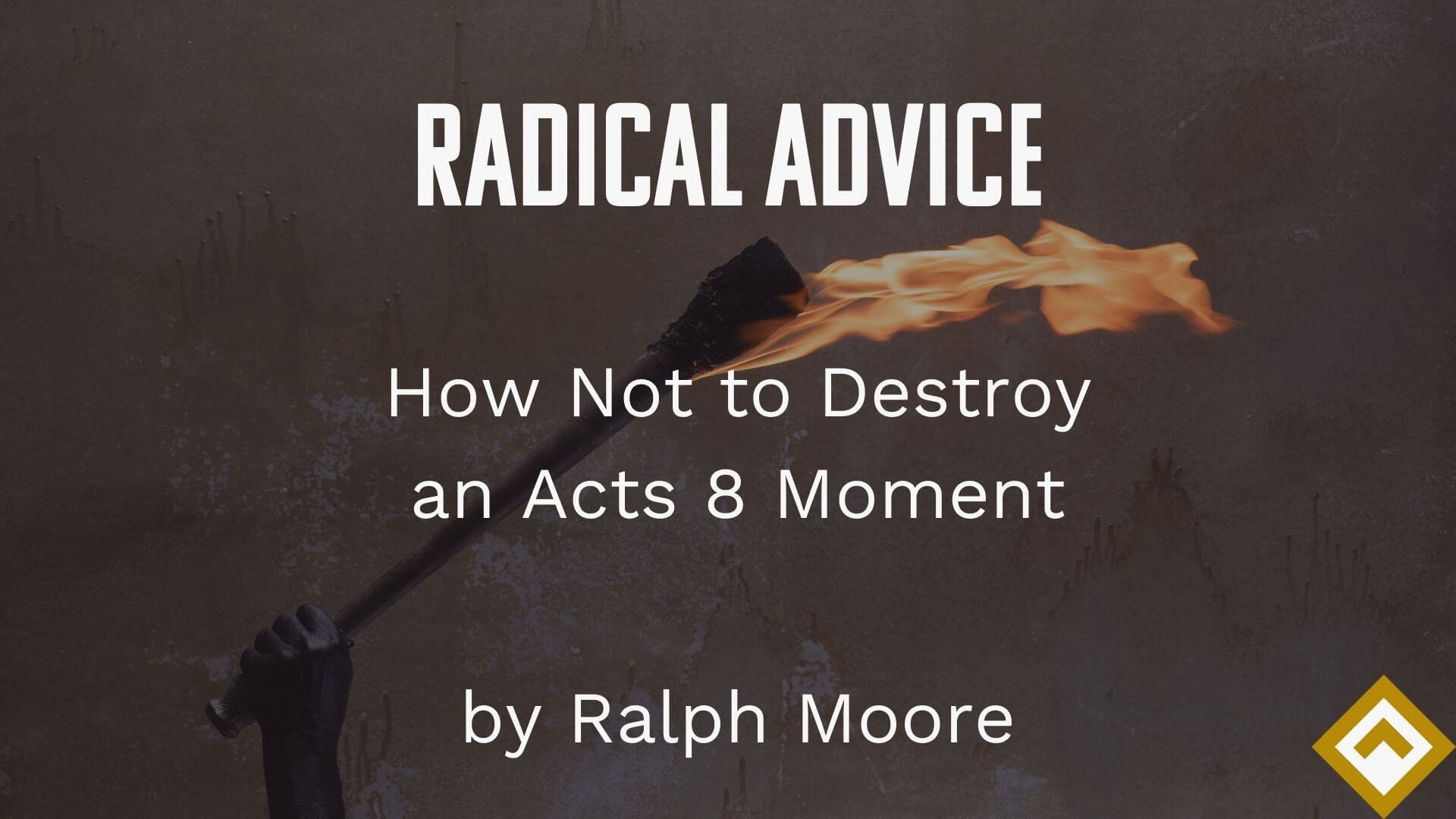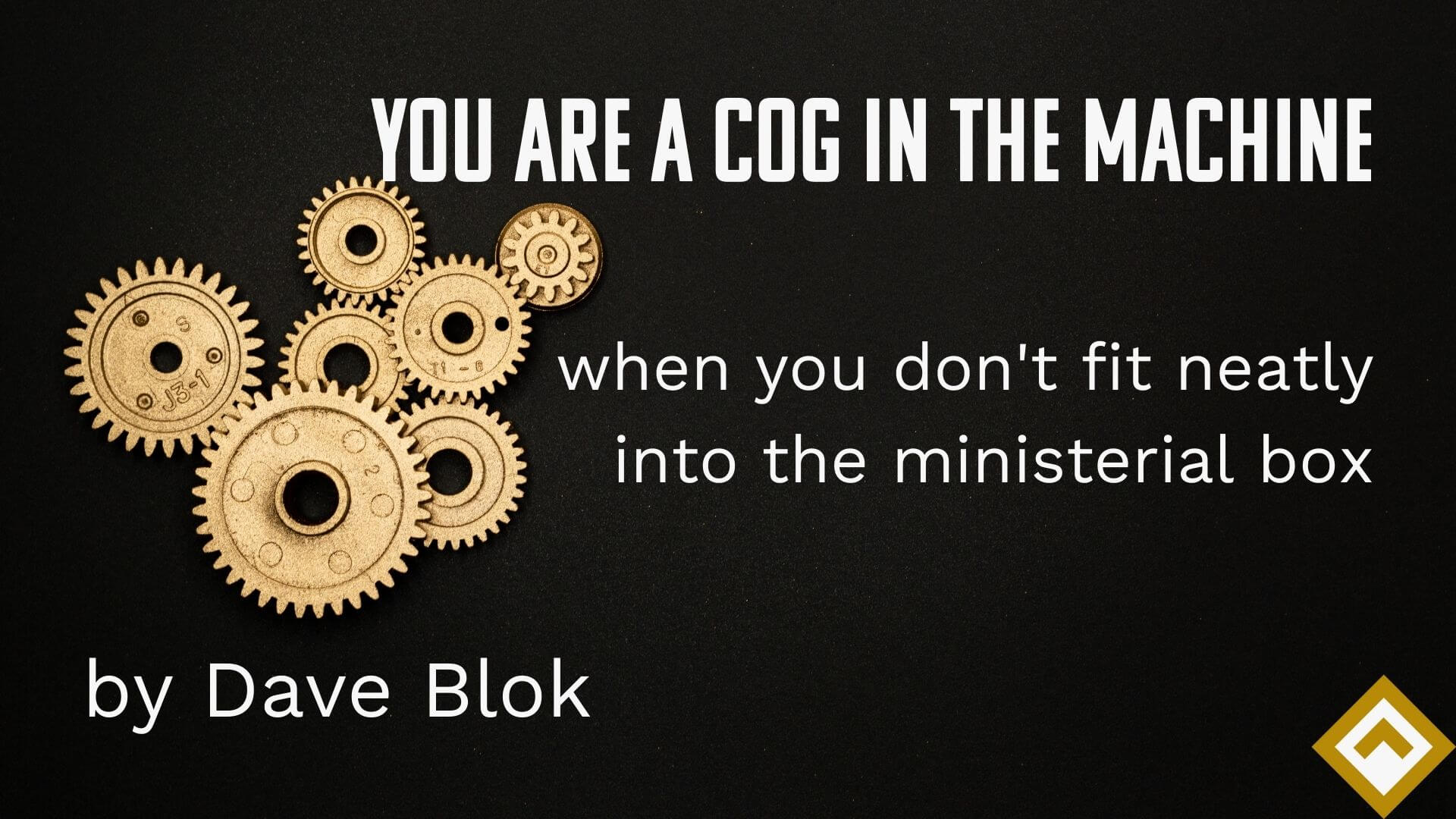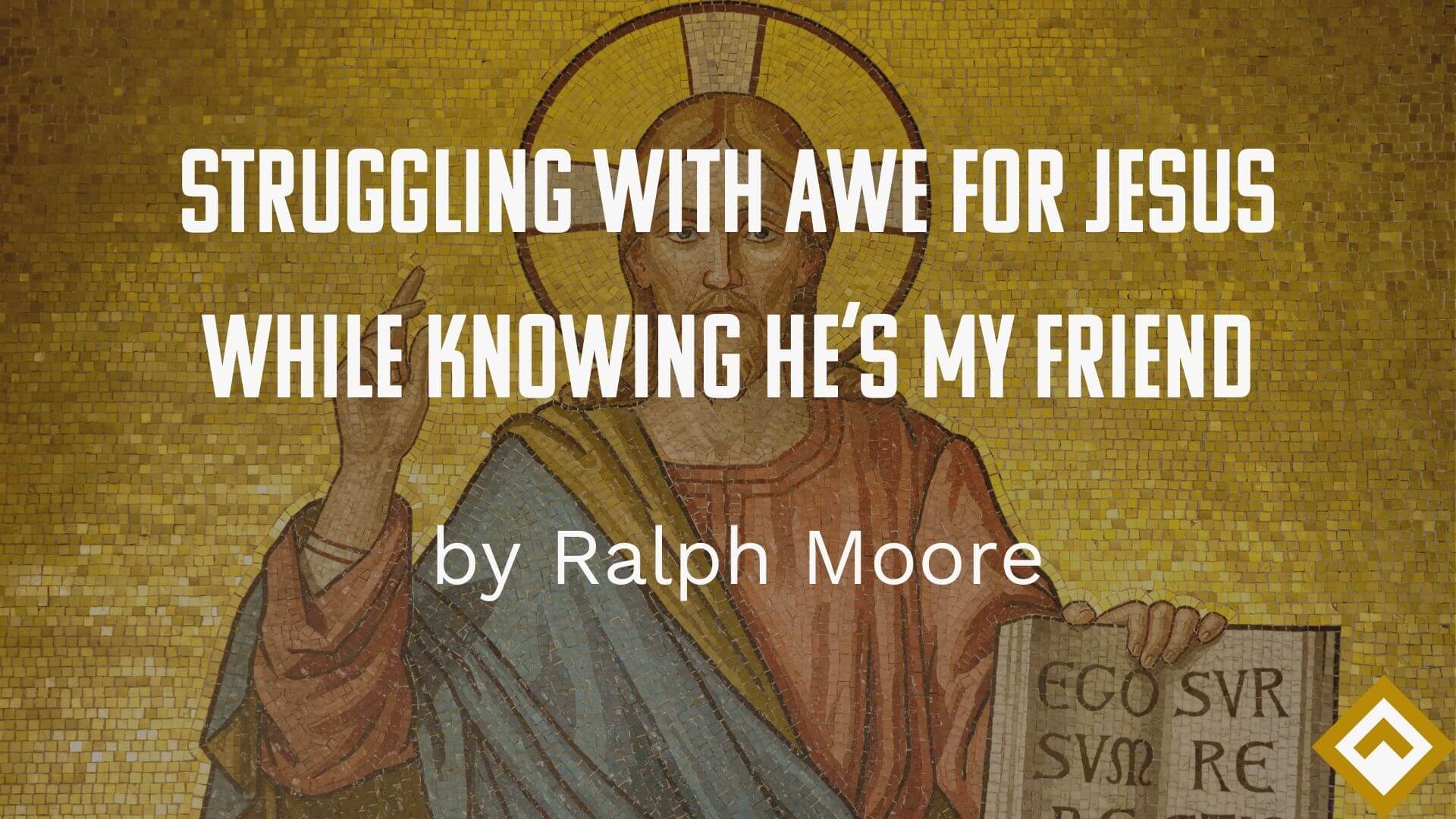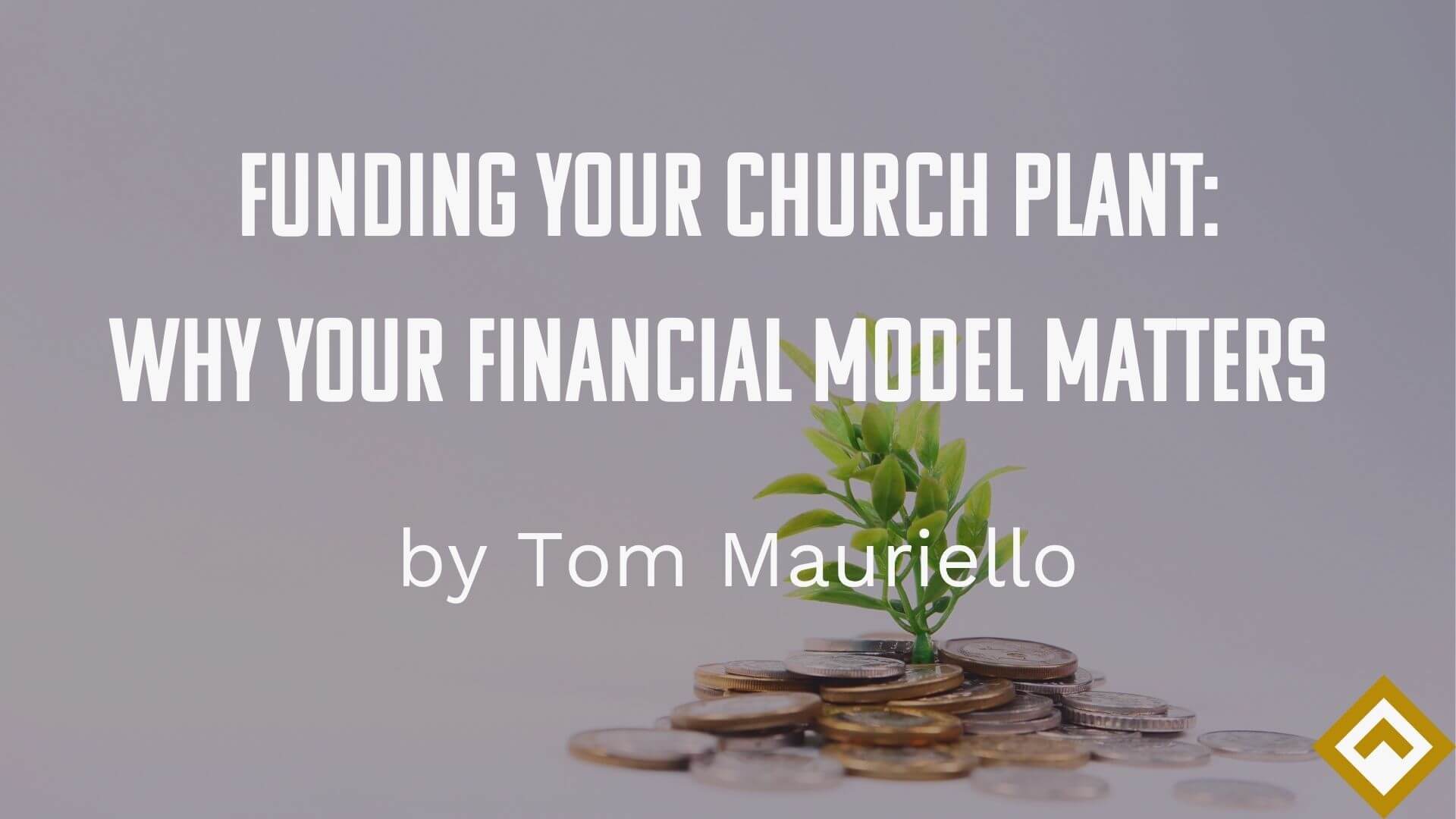Guinness and Churchill: Lessons for Leaders in a Post-Christian World
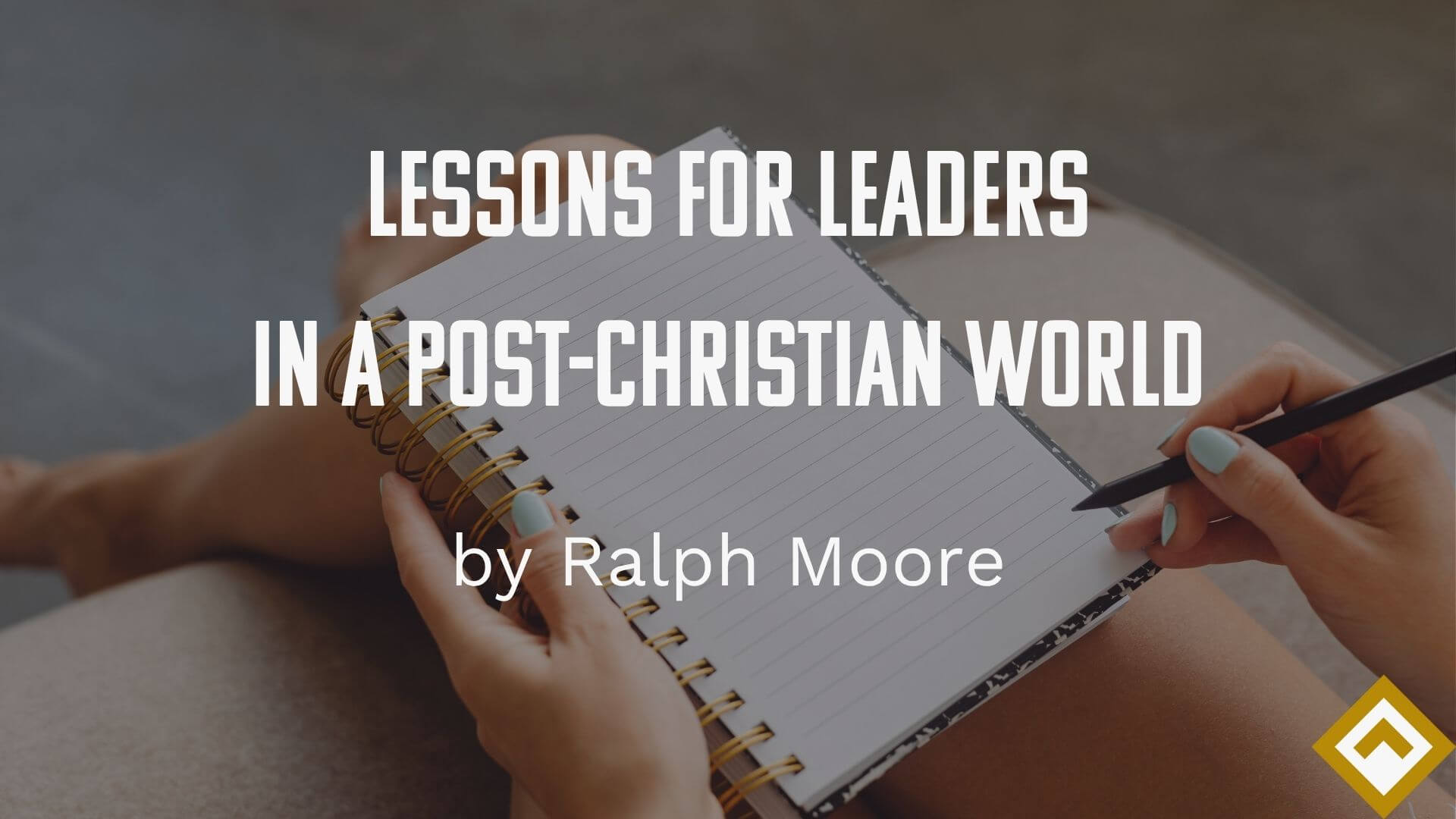
I’ve been reading a fascinating book called The Search for God in Guinness—A Biography of the Beer That Changed The World. What caught my attention was learning that the founders were believers who, for generations, made a real difference in their culture. They pulled people out of poverty, made sure communities were well-nourished, and tackled social problems head-on.
It got me thinking about how we evangelicals have sometimes backed away from this kind of cultural engagement. I’m not suggesting we swap the gospel for social action. But we live in a pretty screwed-up world, and we need to think seriously about adapting to change rather than just fighting it.
The Staggering Pace of Change
The book mentioned Winston Churchill and the incredible amount of change he witnessed in his lifetime. Think about this: Churchill was born in 1874, when Ulysses Grant was president of the United States, fresh off his Civil War victory. Karl Marx sat in the British Library writing what would become the Communist Manifesto. Mark Twain worked on Mississippi riverboats, having not written a single book. The telegraph was hot technology—it had been around for about twenty years but was just becoming useful.
Radio, television, telephones, and certainly the internet weren’t on anybody’s radar. In 1874, four Ivy League colleges got together and drew up the rules for something they were going to call “football.” No NFL back then.
When Churchill died just ninety years later—and ninety years really isn’t that long (I’m almost 80)—men had orbited the earth, walked in space, and sent probes to Venus. Nuclear power had moved from the bomb to power plants. A car had driven over 600 miles per hour on the Bonneville Salt Flats. Large businesses had something called “computers” on their premises. And a guy named Donald Trump was in high school.
The Queen of England had just awarded the Beatles the Order of the British Empire—the same honor she’d given Churchill twenty-five years earlier for being the single most pronounced voice against Hitler, keeping the world from falling under Nazi domination. The world had changed!
Living as Sojourners
What are we to make of all this? We live in a post-Christian era, and a lot of us are struggling with it.
Some folks think recent political changes are going to turn everything around. Good things may be happening—but politics won’t win the cultural wars. Lasting change only happens through spiritual transformation.
I keep going back to the book of Jeremiah, written to exiles living in another land for better understanding. We’re living in a different land than the one I was born in. Same geography, different culture. Those exiles were told to build, plant crops, and seek the welfare of their communities. They were promised that as they blessed the people around them, they too would be blessed.
Here’s my simple proposition: Let’s embrace our role as sojourners. Let’s not fight against it. It is what it is. We must learn how to behave in it in a way that could potentially bring about another Jesus revolution in America.
Adapting Without Compromising
A lot of people today are fearful—of artificial intelligence, of medical advances, and cultural shifts. These are polarizing and often confusing.
The Guinness family understood this. For centuries, they never retreated from culture; they engaged it. They understood that being believers meant being agents of positive change in their world.
The question isn’t whether change is coming, it’s already here. The question is whether we’ll respond with fear and retreat, or with wisdom and engagement. Churchill faced unthinkable changes in his ninety years, but he adapted and made a difference.
So can we.
This appeared as the first in a series of short talks on my YouTube channel. Please join me there for the rest of it… https://www.youtube.com/@RalphMooreHopeChapel
Ralph Moore is the Founding Pastor of three churches which grew into the Hope Chapel ‘movement’ now numbering more than 2,300 churches, worldwide. These are the offspring of the 70+ congregations launched from Ralph’s hands-on disciplemaking efforts.
He travels the globe, teaching church multiplication to pastors in startup movements. He’s authored several books, including Let Go Of the Ring: The Hope Chapel Story, Making Disciples, How to Multiply Your Church, Starting a New Church, and Defeating Anxiety.
The post Guinness and Churchill: Lessons for Leaders in a Post-Christian World appeared first on Newbreed Training.
